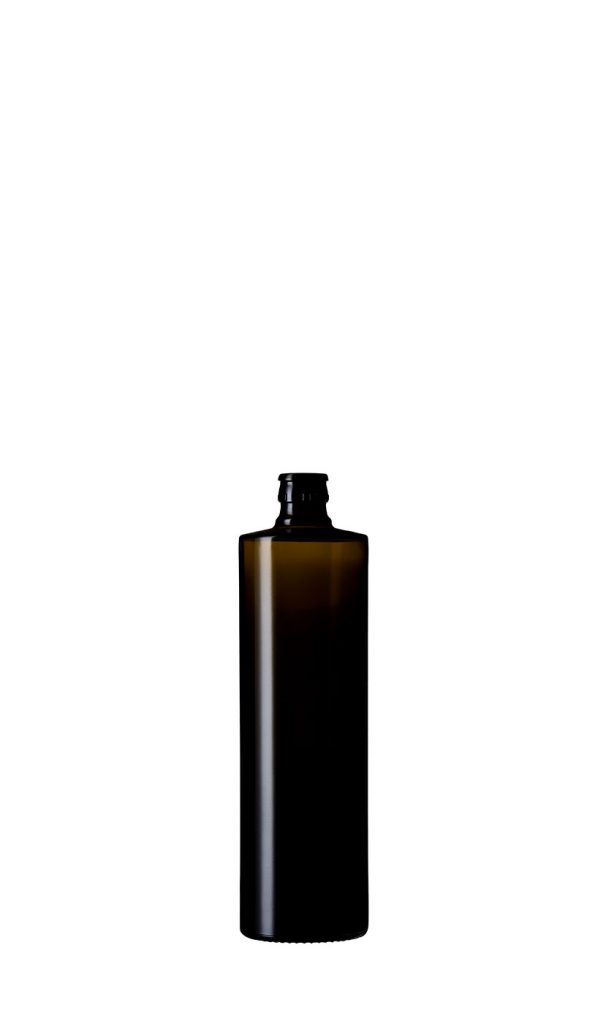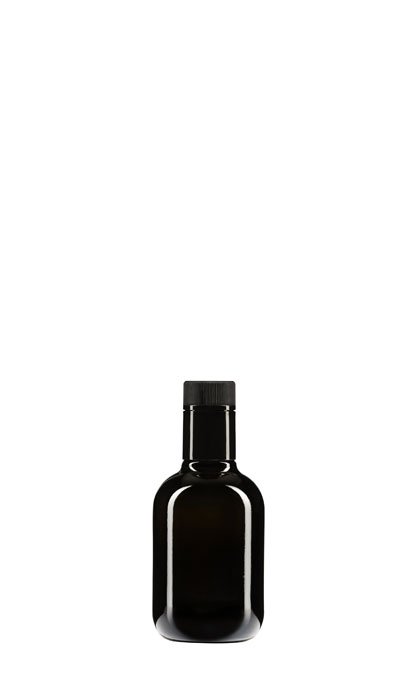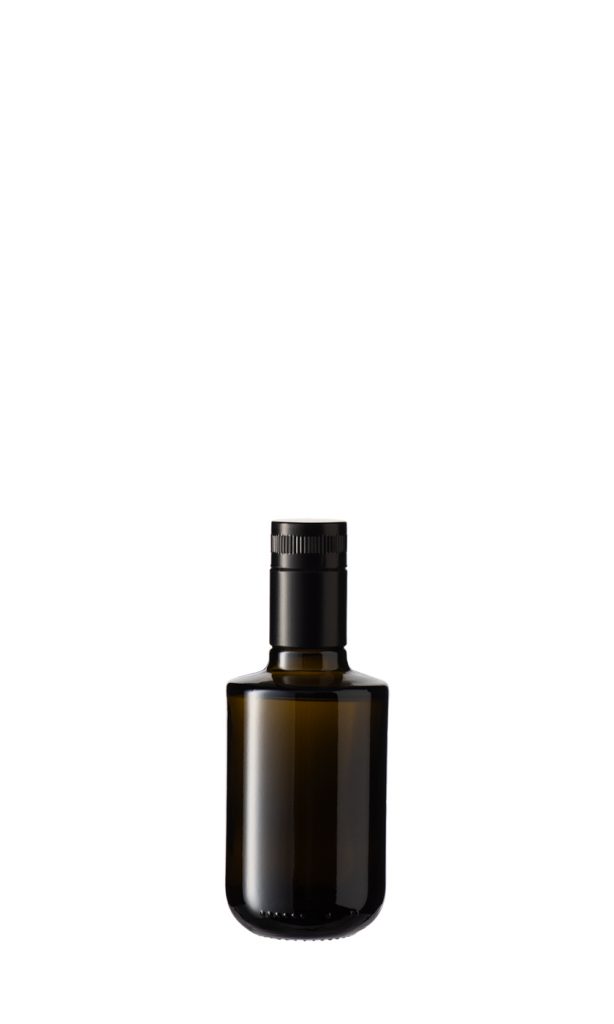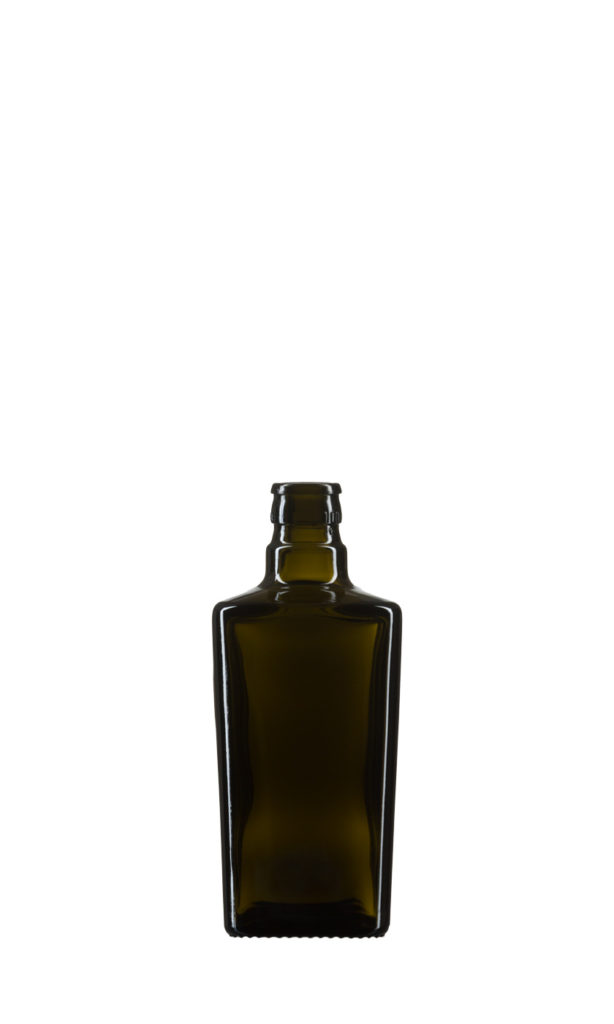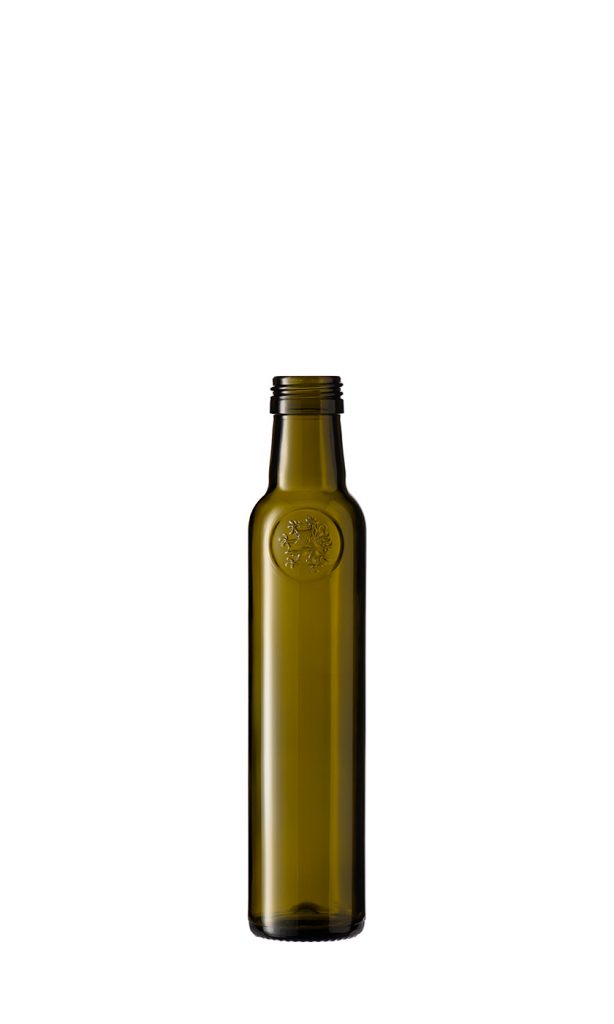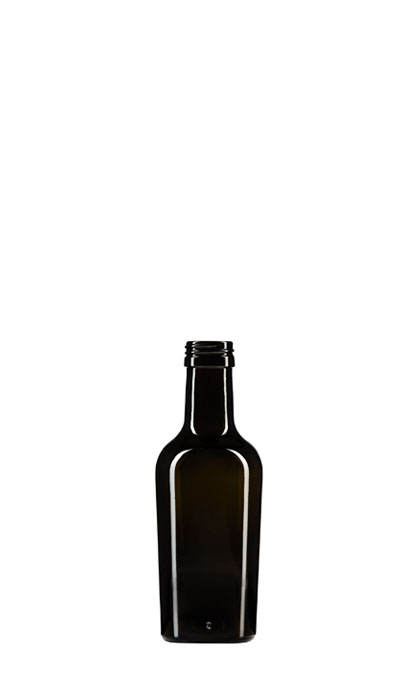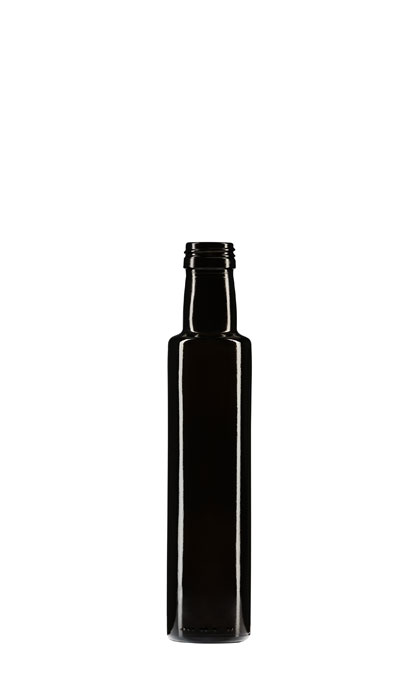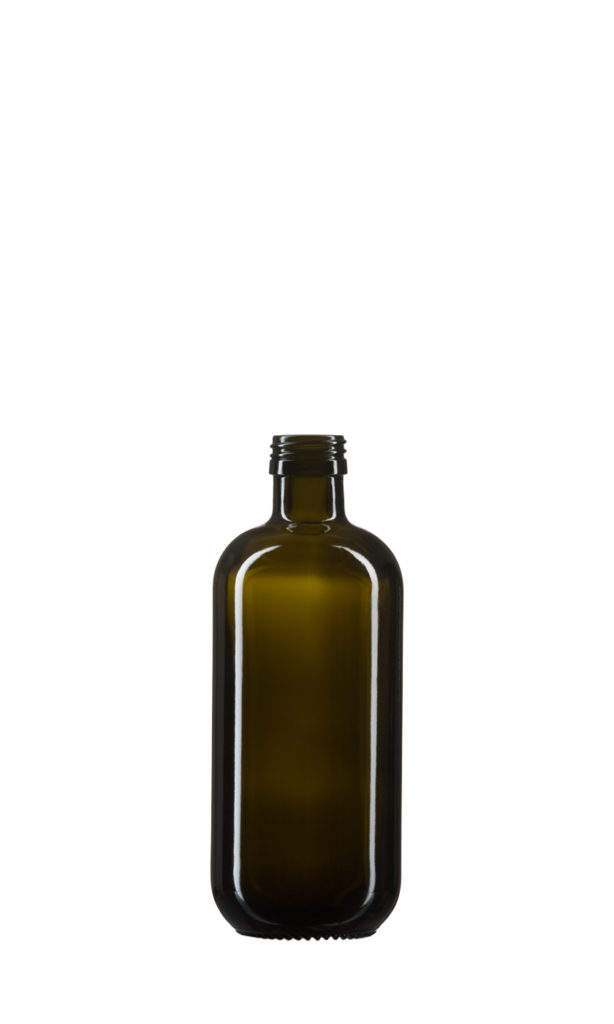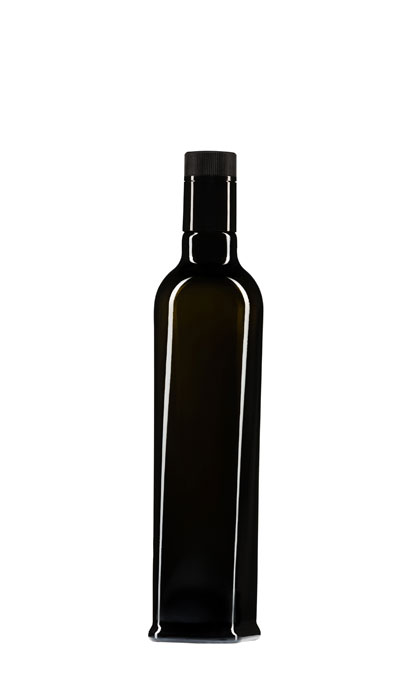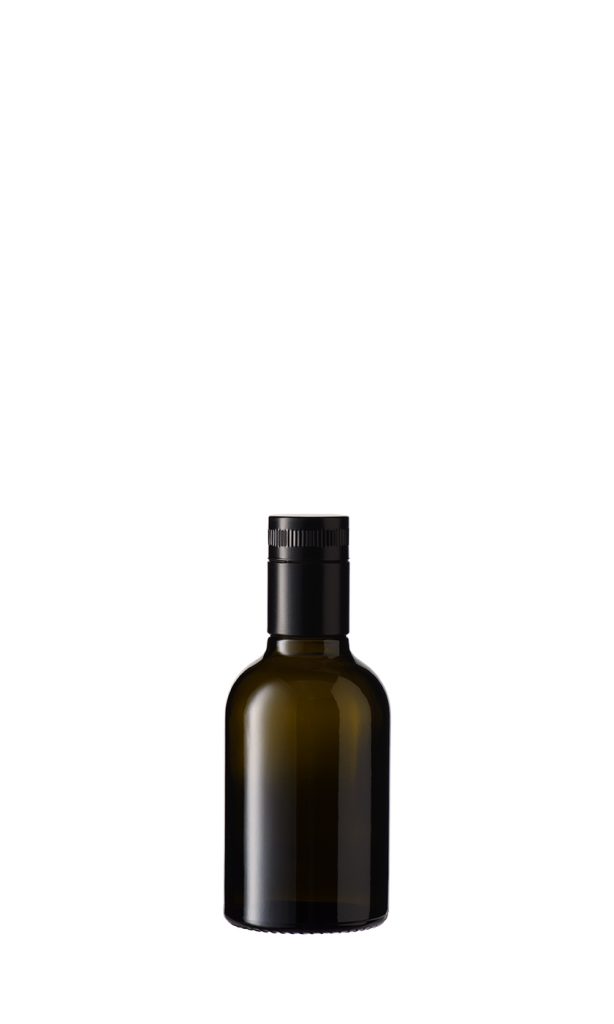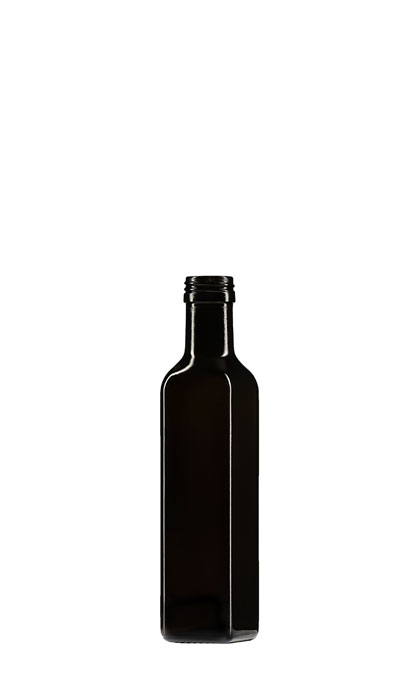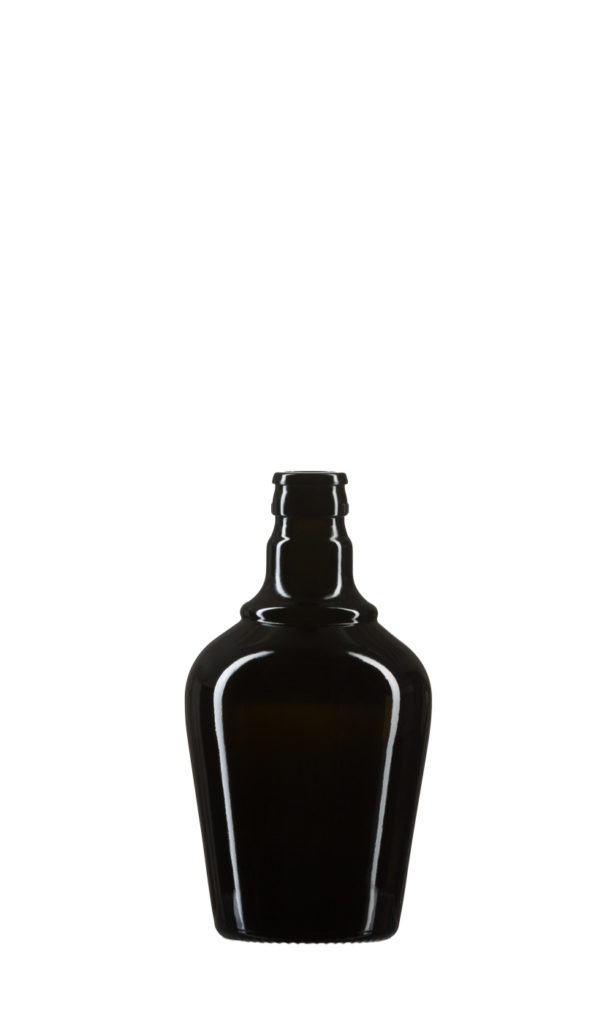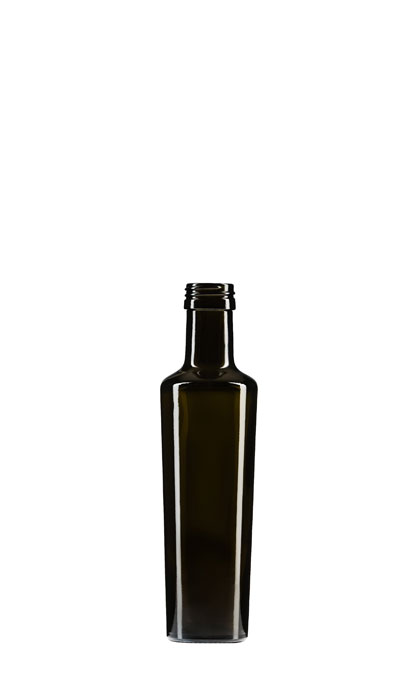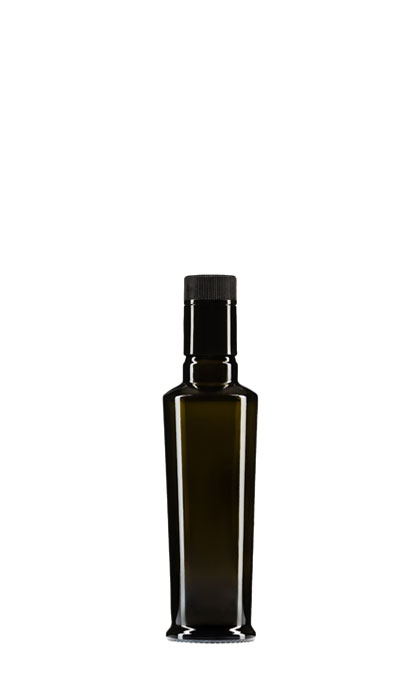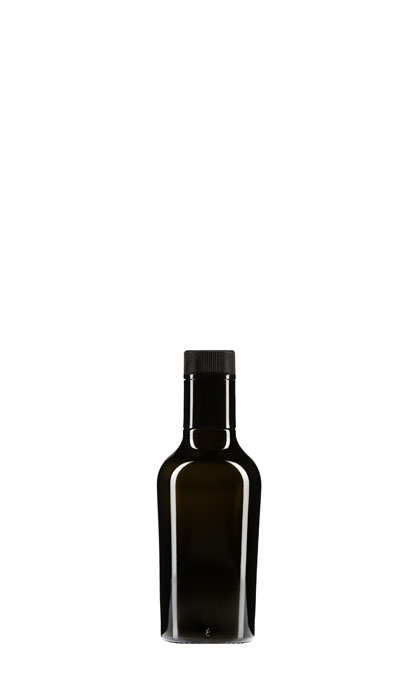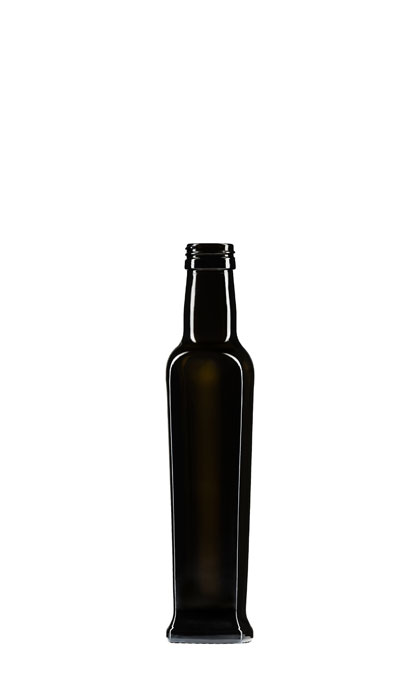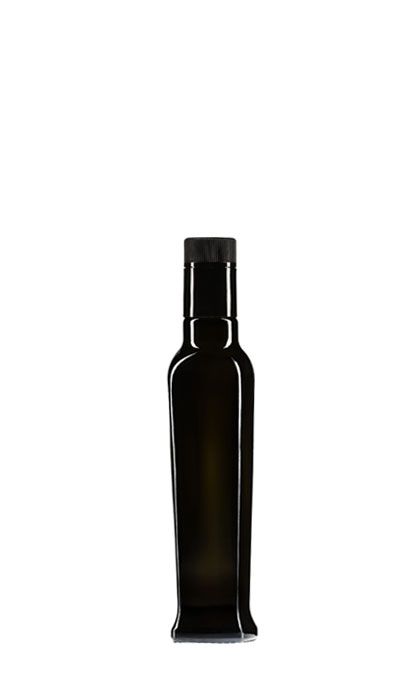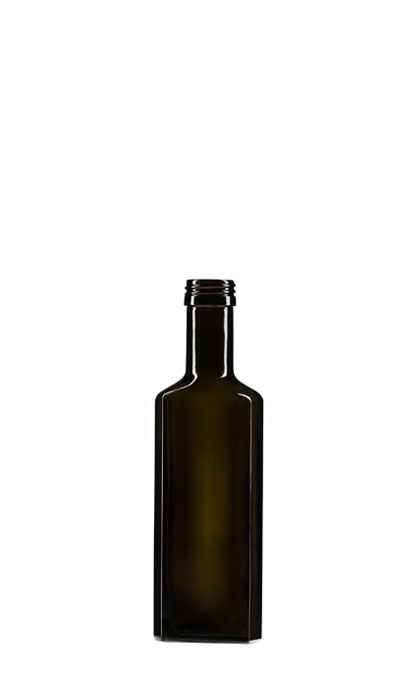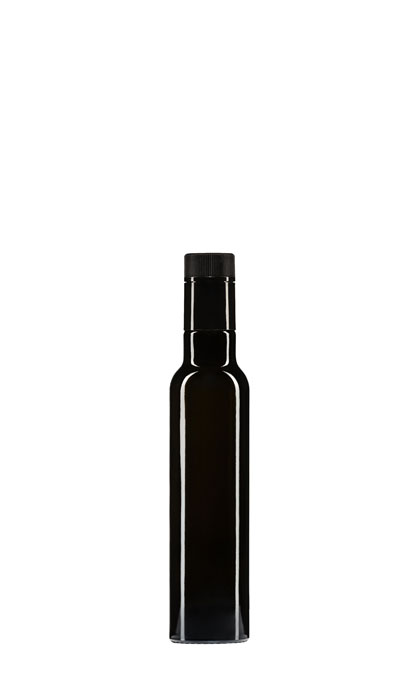Oil
Unlocking the precious oil from ripe kernels and seeds not only requires huge finesse and expertise, but also plenty of experience and patience. Years go by before a young 'press apprentice' can become a true press master. Much time and dedication is needed to learn the intricacies of oil-making and to develop a sense of how to select the raw ingredients appropriately.
A selective process
It is therefore all the more important to package these oils, obtained through tremendous effort, adequately, safely and stylishly. When processing kernels, nuts and seeds, the raw materials must be healthy, clean, and above all ripe. This is the only way to ensure the production of high-quality and flavourful oils. It is important that only the same variety of the raw material is used when pressing each respective product, so that each oil boasts its own typical aroma and natural flavour. Mixing is completely unnecessary anyway, as there are so many precious cooking oils to begin with.
The black gold of Steiermark
If there’s one thing that the region of Styria (Steiermark) has in abundance, it’s Kernöl (kernel or seed oil). More specifically, pumpkin seed oil. The ‘black gold’, as it is nicknamed, is just one of over eight hundred varieties of pumpkin enjoyed around the world. The extremely complex harvesting and pressing process can only be carried out using special machines and intensive manual work and is not particularly high-yield – between five and ten thousand pumpkins are cultivated per hectare, which in turn only yield 120 to 140 litres of seed oil. A very intense and nutty flavour is typical of this dark oil. Valuable oil is also pressed from grape and sunflower seeds.
The most popular oil in the Mediterranean
Olive oil, on the other hand, is cultivated around the Mediterranean in southern Europe and North Africa. Olive trees actually require quite specific conditions as regards climate and soil composition, and there are only a few regions on the earth able to meet these requirements. The flavour of olive oil depends on countless factors: its cultivation area, climate and harvest time all strongly affect the final product.
It is therefore all the more important to package these oils, obtained through tremendous effort, adequately, safely and stylishly. When processing kernels, nuts and seeds, the raw materials must be healthy, clean, and above all ripe. This is the only way to ensure the production of high-quality and flavourful oils. It is important that only the same variety of the raw material is used when pressing each respective product, so that each oil boasts its own typical aroma and natural flavour. Mixing is completely unnecessary anyway, as there are so many precious cooking oils to begin with.
The black gold of Steiermark
If there’s one thing that the region of Styria (Steiermark) has in abundance, it’s Kernöl (kernel or seed oil). More specifically, pumpkin seed oil. The ‘black gold’, as it is nicknamed, is just one of over eight hundred varieties of pumpkin enjoyed around the world. The extremely complex harvesting and pressing process can only be carried out using special machines and intensive manual work and is not particularly high-yield – between five and ten thousand pumpkins are cultivated per hectare, which in turn only yield 120 to 140 litres of seed oil. A very intense and nutty flavour is typical of this dark oil. Valuable oil is also pressed from grape and sunflower seeds.
The most popular oil in the Mediterranean
Olive oil, on the other hand, is cultivated around the Mediterranean in southern Europe and North Africa. Olive trees actually require quite specific conditions as regards climate and soil composition, and there are only a few regions on the earth able to meet these requirements. The flavour of olive oil depends on countless factors: its cultivation area, climate and harvest time all strongly affect the final product.
As a result, oil derived from ripe olives tastes much sweeter than oil from young olives.
Sweet aromas
Excellent high-quality oil varieties can also be extracted from nuts. Peanut oil, for example, is ideal for roasting or grilling. It has a very intense and aromatic flavour. Those who prefer a sweeter taste should definitely try hazelnut or almond oil, whose delicate nougat or marzipan fragrances are superb. Exquisite and flavoursome oil can even be pressed from macadamia nuts – a real revelation for gourmet taste buds.
Oils from plant seeds
In addition to nut, olive and kernel oils, you can also obtain delicious liquid from seeds. Sesame seed oil is particularly good in Asian and Oriental dishes. While the untreated sesame oil from natural seeds is virtually tasteless and odourless, the aroma from the roasted seeds intensifies enormously. Another seed-based cooking oil is rapeseed oil, which is excellent for marinades.
The importance of packaging
These are just a few examples of the many raw ingredients that can be used to make fine oils. What really counts, however, is packaging that not only provides excellent protection against environmental influences, but also showcases this difficult-to-make liquid in an elegant, sophisticated way. Our oil bottles are more than up to the challenge.
Sweet aromas
Excellent high-quality oil varieties can also be extracted from nuts. Peanut oil, for example, is ideal for roasting or grilling. It has a very intense and aromatic flavour. Those who prefer a sweeter taste should definitely try hazelnut or almond oil, whose delicate nougat or marzipan fragrances are superb. Exquisite and flavoursome oil can even be pressed from macadamia nuts – a real revelation for gourmet taste buds.
Oils from plant seeds
In addition to nut, olive and kernel oils, you can also obtain delicious liquid from seeds. Sesame seed oil is particularly good in Asian and Oriental dishes. While the untreated sesame oil from natural seeds is virtually tasteless and odourless, the aroma from the roasted seeds intensifies enormously. Another seed-based cooking oil is rapeseed oil, which is excellent for marinades.
The importance of packaging
These are just a few examples of the many raw ingredients that can be used to make fine oils. What really counts, however, is packaging that not only provides excellent protection against environmental influences, but also showcases this difficult-to-make liquid in an elegant, sophisticated way. Our oil bottles are more than up to the challenge.

